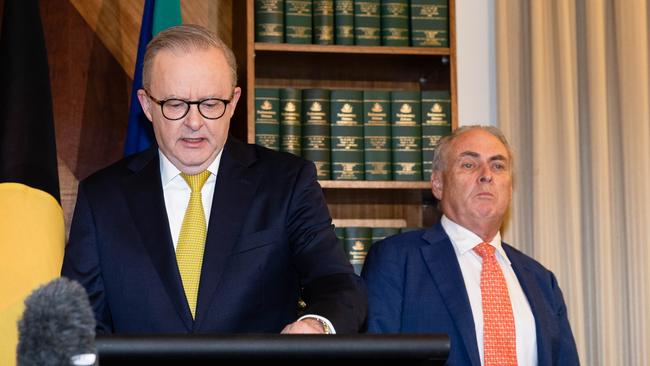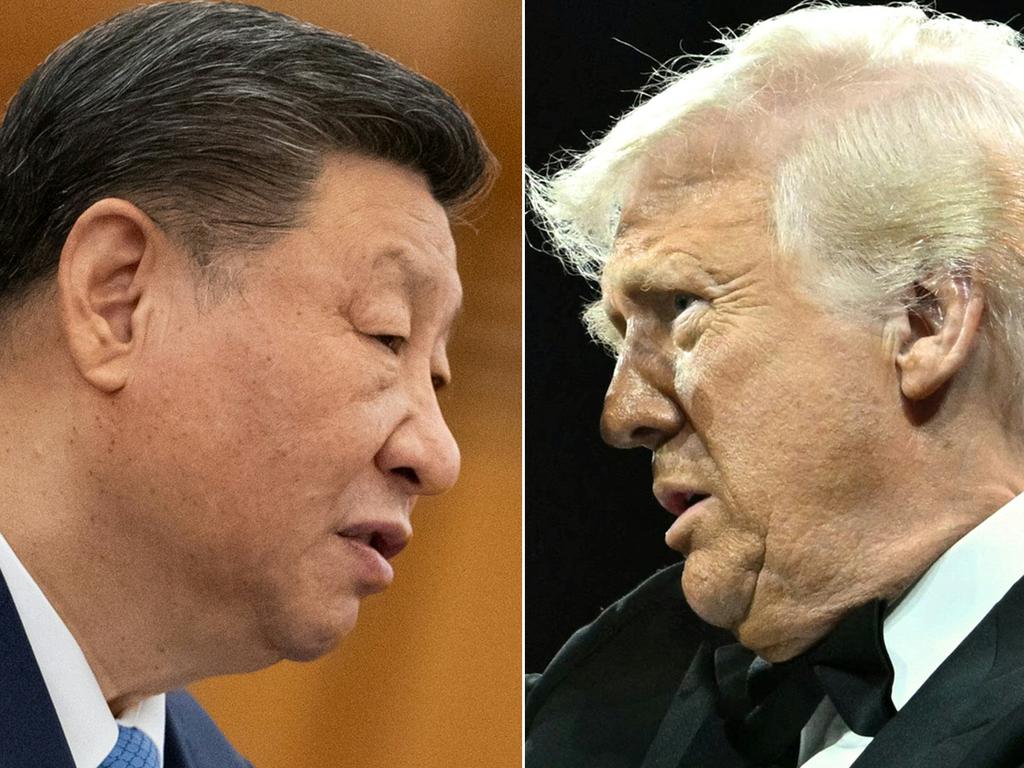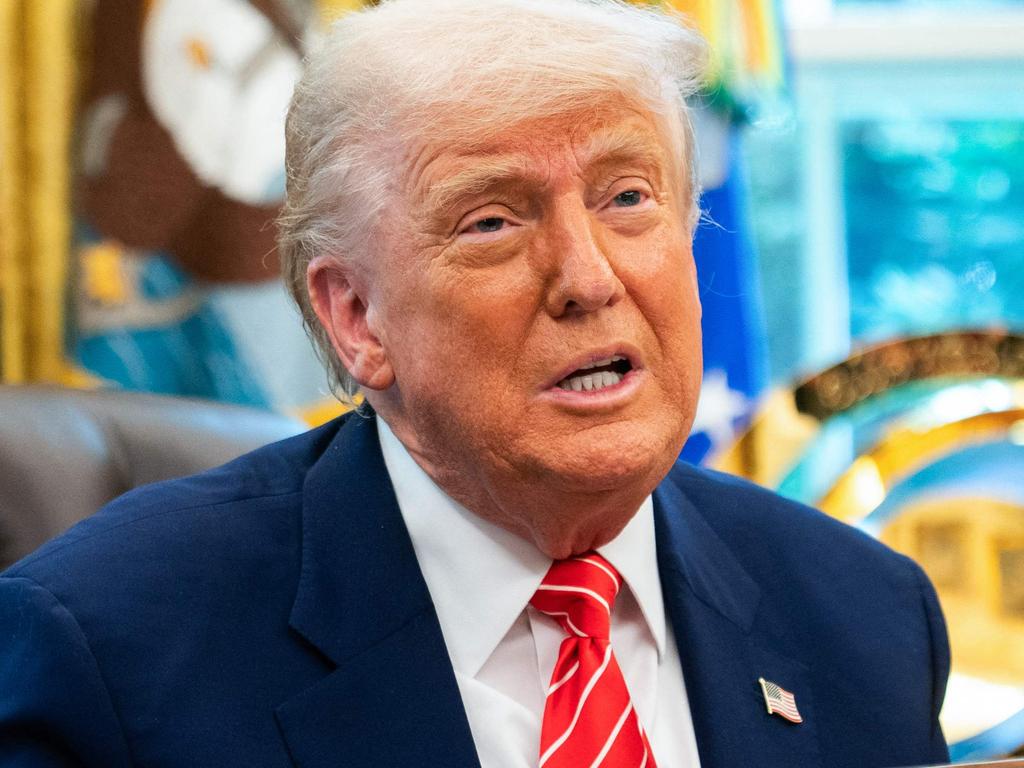Our short-lived trade surplus with America gone
Australia’s fleeting trade surplus with the US this year has reversed back to its long-term deficit, handing Anthony Albanese the opportunity to step up his fight against Donald Trump’s tariffs.

Australia’s fleeting trade surplus with the United States this year has reversed back to its long-term deficit, handing Anthony Albanese the opportunity to step up his fight against Donald Trump’s tariffs on Australian exports.
In the month of April, Australia exported $2.29bn in goods to the US while importing $3.99bn, reversing three months of higher exports than imports, according to the Australian Bureau of Statistics.
It follows Mr Trump pointing to the fact that America ran trade deficits with dozens of countries, including Australia, which needed to be turned around into surpluses.
Until that time, a 10 per cent baseline tariff would be applied, although that has been suspended until July 9.
Mr Trump also imposed a 25 per cent tariff on Australian steel and aluminium exports, which was this week increased to 50 per cent.
The President’s tariffs, imposed under the International Emergency Economic Powers Act, were struck down as illegal by the US International Trade Court last month as they were deemed to have exceeded presidential authority.
AMP chief economist Shane Oliver said that while the tariffs on steel and aluminium were less likely to be struck down by US courts, if Mr Trump’s appeal against the Trade Court decision failed, he may struggle to successfully reapply the 10 per cent tariff on Australian goods.
“It will be hard for him to establish a threat to national security or unfair trade practices in order to keep that tariff,” Mr Oliver said.
Despite the deficit with Washington, UBS chief economist George Tharenou said Australian exports to China helped deliver an overall trade surplus of $5.4bn, a strong result in the face of the “very sharp retracement” of exports to the US.
“The overall goods trade balance and level of exports in April remained remarkably resilient to the very sharp retracement of exports to the US, which dropped back towards the level before US tariff announcements led to a temporary pull-forward,” Mr Tharenou said.
“In contrast, goods exports values to China remain remarkably resilient.”
The Prime Minister, who is expected to meet Mr Trump on the sidelines of the G7 summit in Canada this month, has long pushed back against the White House’s baseline tariff and additional tariffs on Australian steel and aluminium.
In the wake of the global uncertainty prompted by the US tariffs, the European Union and Australia have restarted negotiations on a free-trade agreement that stalled in 2023 due to key sticking points including the EU refusing to give greater market access to Australian agricultural products.
Trade Minister Don Farrell said the implementation of tariffs by the US had prompted a flurry of discussions between like-minded countries on how to remain economically resilient.
“I have probably had more discussions with more countries in the space of two days than I have ever had in the past, and those countries that are interested in free and fair trade want to do more,” he told ABC from Paris.
“The world has changed since the last time we had negotiations with the Europeans. The fact that we have had the largest group of trade ministers for any trade meeting in the whole history of time here in Paris this week I think is a pretty good clue that most countries think that things have changed and … we need to do more to ensure we make progress and show the rest of the world that we can, in fact, prosper by free and open trade, and I think that is the key thing that has changed in the last 18 months.”
However, Mr Albanese stressed that Australia would only agree to an FTA with the EU if it was “good enough for Australia”.
“If it benefits us, we’ll be in it,” he said.
“If it doesn’t, we’ll continue to not sign up to something that is not in our national interest.”







To join the conversation, please log in. Don't have an account? Register
Join the conversation, you are commenting as Logout